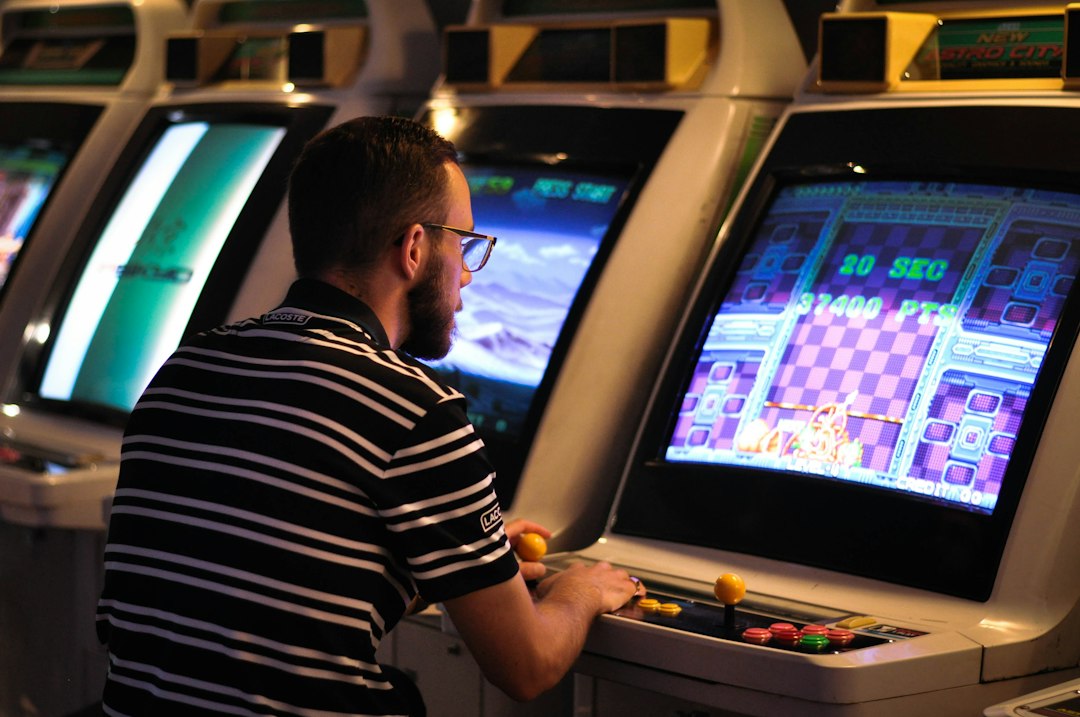Video games have come a long way since their humble beginnings in the 1970s. No longer just a form of entertainment, they have infiltrated various aspects of our lives, shaping our culture and society in ways that cannot be underestimated. The cultural influence of video games is undeniable, from the way we socialize to the way we perceive reality.
One of the most obvious cultural impacts of video games is the way they have reshaped social interactions. Online gaming has revolutionized the way we connect with others, allowing us to form friendships and communities that transcend geographical boundaries. Gamers can now team up with players from different parts of the world, strategize and collaborate to achieve common goals. This has not only fostered a sense of global camaraderie but has also led to increased cross-cultural understanding and appreciation.
Video games have also played a significant role in shaping popular culture. Characters from popular games like Mario, Lara Croft, and Master Chief have become cultural icons, transcending the boundaries of gaming and seeping into other forms of media, such as movies and merchandise. The influence of these characters can be seen in the way they inspire fashion trends, artwork, and even music.
Furthermore, video games have impacted our perception of reality. With the rise of virtual reality (VR) technology, gamers can now immerse themselves in incredibly realistic virtual worlds. These experiences have the power to blur the line between real and virtual, leading to new philosophical debates about the nature of reality and consciousness. Additionally, the rise of augmented reality (AR) games like Pokémon Go has transformed our surroundings into a playground, encouraging us to explore our physical environments in a new and interactive way.
But it’s not just the virtual worlds themselves that have influenced society. The themes and narratives present in video games have also made an indelible mark on our culture. Games like “The Last of Us” and “Red Dead Redemption” tackle complex moral dilemmas and explore human emotions in a way that rivals traditional storytelling mediums like literature and film. They challenge our preconceived notions and force us to grapple with difficult questions, shaping our understanding of morality and empathy.
Moreover, video games have become a powerful tool for education and learning. Educational games, such as “Minecraft: Education Edition,” have been incorporated into classrooms to engage students and teach them important skills like problem-solving and teamwork. Gamification techniques, where game elements are applied to non-game activities, have also been adopted in various industries to increase motivation and engagement in tasks.
However, it’s important to acknowledge that video games can also have negative effects on society. Excessive gaming can lead to social isolation, decreased physical activity, and even addiction. Furthermore, the representation of certain groups in video games has been a subject of critique, with issues of diversity and inclusion needing to be addressed.
In conclusion, the cultural influence of video games cannot be overlooked. They have revolutionized social interactions, shaped popular culture, impacted our perception of reality, and provided valuable learning experiences. However, just like any form of entertainment, it is crucial to strike a balance and be aware of the potential negative consequences. Ultimately, video games have the power to shape society in both positive and negative ways, and it is up to us to harness that power and ensure the cultural impact remains a force for good.

